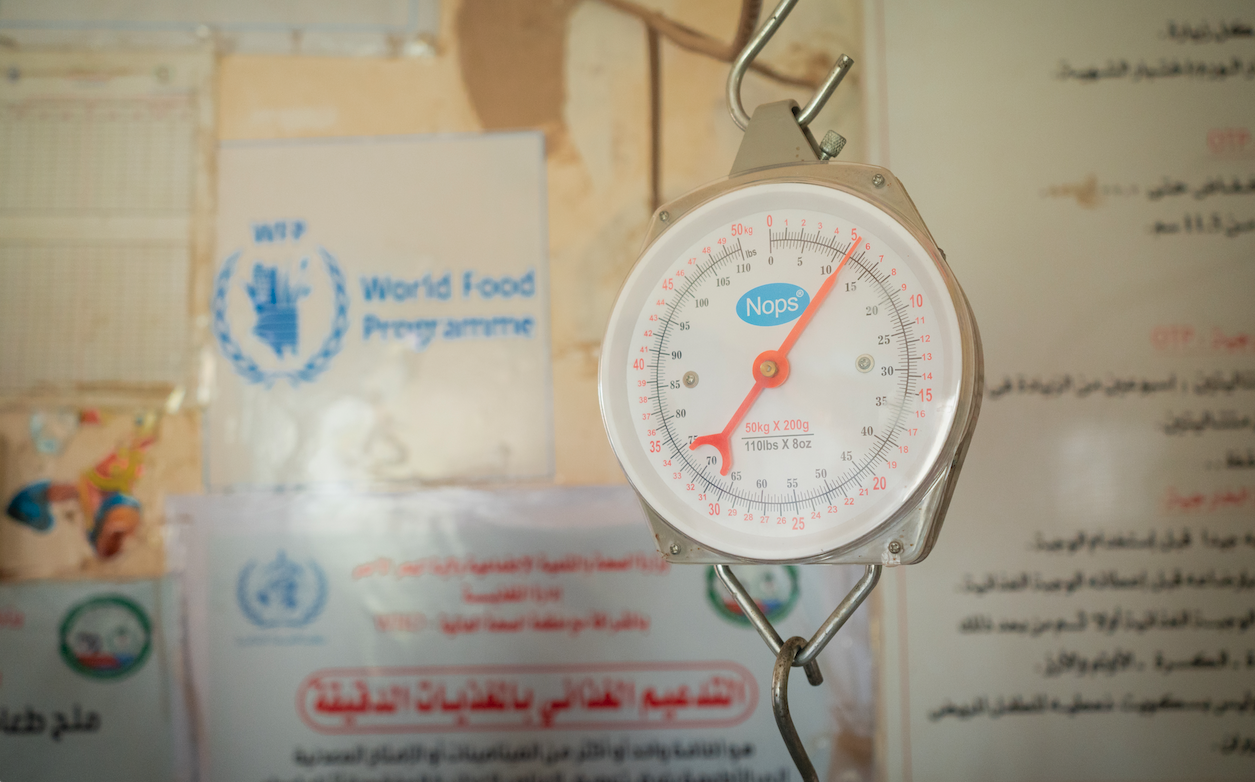
In order to discuss the determinants of malnutrition, nutritionists from the WFP Centre of Excellence against Hunger in Brazil, Eliene Sousa and Osiyallê Akanni, were invited by the Cordial Institute to take part in the live stream ‘The Policy Brief as an obesity prevention strategy’, held on 23 January as part of the Brazil Obesity Panel initiative.
The presentation showed alarming data on obesity and overweight in the world. According to data from the World Health Organisation, the number of obese adolescents increased fourfold between 1990 and 2022, and 1 in 8 adults in the world is obese.
The focus on children and adolescents serves to raise awareness of the urgent need to talk about the issue in order to find solutions. Currently, 390 million children and adolescents aged between 5 and 19 in the world are overweight and 160 million are obese. And these numbers are likely to grow by 2030, according to projections in the State of Food Security and Nutrition in the World (SOFI) 2024 Report, launched by the WFP in conjunction with four other UN agencies.
The Policy Brief Confronting the Multiple Burden of Malnutrition was one of the results of the Nurture the Future Project, a partnership between the Ministries of Health of Brazil, Peru and Colombia executed by the WFP Centre of Excellence against Hunger in Brazil with the support of the Brazilian Cooperation Agency.
This document reveals how the problem of malnutrition has diverse components, such as eating habits, food insecurity, genetic factors, access to education and health, lifestyle and even early childhood eating history, among others.
Therefore, tackling the problem needs to be done on several fronts and with different strategies. Income transfer programmes that enable the purchase of healthier and more nutritious food is one way.
Others mentioned are food and nutrition surveillance in the SUS to monitor weight, as well as the presence of nutritionists who work together with social workers to prevent excessive weight gain and micro-deficiencies; school meals with the involvement and monitoring of children’s parents; front labelling to inform consumers of nutritional characteristics on food labels; and language accessible to the population in the dissemination of messages and campaigns to address the issue of obesity.
For Eliene Sousa, the big challenge in tackling obesity and malnutrition is implementing policies that already exist or are being improved. ‘Our documents focus on the manager. The second phase of the Nurture the Future Project, a continuation of the partnership between Brazil, Peru and Colombia, will deal with implementation, i.e. how local managers can develop activities based on existing recommendations.’
She says that the intersectoral strategy that Brazil has already been adopting is the most efficient way: ‘In Brazil, food and nutrition education uses the Food Guide for the Brazilian Population as a reference, which also guides school meals and the basic food basket. Obesity is a multi-area problem and requires collaborative action by all parties,’ he concluded.
The cordial Institute is an articulation and research centre that promotes intersectoral articulation to contribute to decision-making. One of its initiatives is the Brazilian Obesity Panel, which stimulates debate at national level to promote strategies to reduce obesity and its associated costs in Brazil.
Access the live stream Policy Brief as an obesity prevention strategy.




